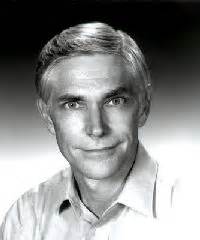A Quote by Tae Yoo
From aerial robotics to big data analytics, technology presents the opportunity to expedite and magnify the impact of humanitarian relief efforts through greater efficiency and responsiveness: reaching more people, sooner, more cost-effectively, and saving more lives.
Related Quotes
Our company has been very forward-thinking about digital technology and the opportunity that it gives us. As we move into a world where we have more and more devices at our disposal, that really means more and more opportunities for the Walt Disney Co. to reach you: through our entertainment, through all of our divisions.
When we liberate the economic potential of women, we elevate the economic performance of communities, nations, and the world... There is a stimulative and ripple effect that kicks in when women have greater access to jobs and the economic lives of our countries: Greater political stability. Fewer military conflicts. More food. More educational opportunity for children... By harnessing the economic potential of all women, we boost opportunity for all people.
Technology for me is discover, learn, evolve and implement. It combines 3Ss- speed, simplicity and service. Technology is fast, technology is simple and technology is a brilliant way to serve people. It is also a great teacher. The more we learn about technology and the more we learn through technology, the better it is.
One of the problems with industrialism is that it's based on the premise of more and more. It has to keep expanding to keep going. More and more television sets. More and more cars. More and more steel, and more and more pollution. We don't question whether we need any more or what we'll do with them. We just have to keep on making more and more if we are to keep going. Sooner or later it's going to collapse. ... Look what we have done already with the principle of more and more when it comes to nuclear weapons.



































